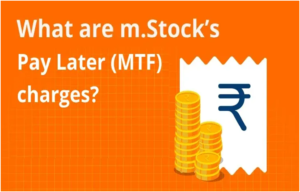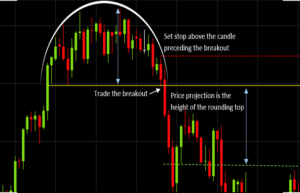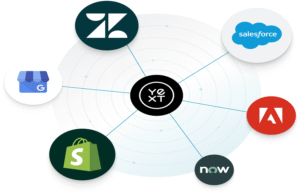Mutual Funds vs. Online Share Trading: Which Investment Option is Right for You?
3 min read
When it comes to investing your hard-earned money, there are numerous options available, each with its own set of benefits and risks. Among the most popular investment choices in India are mutual funds and online share trading. Both options offer opportunities for wealth creation, but they cater to different types of investors and financial goals. This blog aims to explain these two investment options in a detailed and explanatory manner, helping you decide which one might be the best fit for you.
Understanding Mutual Funds
Mutual funds are financial instruments that combine the capital of several participants to buy a variety of stocks, bonds, and other securities. A professional fund manager oversees the fund, making decisions about which assets to buy or sell based on the fund’s objectives.
Advantages of Mutual Funds
1. Diversification
The chance of suffering large losses is decreased by mutual funds’ diverse asset allocation. By spreading investments across different sectors and companies, mutual funds can provide a more stable return compared to investing in a single stock.
2. Professional Management
Fund managers are experienced professionals who make informed decisions about the fund’s investments. This expertise can be particularly beneficial for novice investors who may not have the time or knowledge to manage their investments actively.
3. Convenience
Investing in mutual funds is relatively straightforward. Investors can start with a small amount of money, set up systematic investment plans (SIPs), and automate their investments. For busy people, mutual funds are a desirable option because of their convenience.
4. Variety
There are different types of mutual funds available, including equity funds, debt funds, balanced funds, and more. This variety allows investors to choose funds that align with their risk tolerance and financial goals.
Disadvantages of Mutual Funds
1. Fees and Expenses
The management fees and other costs associated with mutual funds might reduce your earnings. Understanding these expenses and how they affect your investment is crucial.
2. Less Control
Investors have no direct control over the specific investments made by the fund. The performance of the mutual fund depends on the decisions made by the fund manager.
What is Online Share Trading?
Online share trading involves buying and selling shares of companies through a digital platform. Investors can directly trade stocks, bonds, and other securities from their computers or smartphones. This method allows for more direct control over investment decisions.
Advantages of Online Share Trading
1. Direct Control
Investors have complete control over their investment decisions, including which shares to buy or sell and when to execute these trades. This control can be empowering for those who prefer a hands-on approach.
2. Real-Time Trading
Online platforms provide real-time access to market data and allow for instant transactions. This immediacy can be beneficial for investors who want to capitalize on short-term market movements.
3. Lower Costs
Online share trading platforms typically charge lower fees compared to traditional brokerage services. This reduction in costs can lead to higher net returns for active traders.
4. Educational Resources
Many online trading platforms offer educational resources, research tools, and market analysis. These resources can help investors make informed decisions and improve their trading skills over time.
Disadvantages of Online Share Trading
1. Higher Risk
Investing directly in individual stocks can be riskier than investing in mutual funds. The lack of diversification means that poor performance by a single company can significantly impact your investment.
2. Time-Consuming
Successful online share trading requires time and effort to research companies, analyze market trends, and monitor investments regularly. This active involvement can be demanding, especially for those with other commitments.
3. Emotional Trading
Online trading’s simplicity of use might occasionally result in snap decisions that are motivated more by feelings than by reason. This kind of activity can lead to large losses.
Conclusion
Both mutual funds and online share trading offer unique benefits and risks. Understanding these differences is crucial in determining which investment option aligns with your financial goals and personal preferences. Mutual funds provide diversification, professional management, and convenience, making them suitable for risk-averse and time-constrained investors. On the other hand, online share trading offers direct control, real-time trading, and potentially lower costs, catering to those willing to actively manage their investments and embrace higher risk.
Ultimately, the choice between mutual funds and online share trading depends on your circumstances. Consider your risk tolerance, time availability, and financial objectives before making a decision. Remember, a well-informed platform like HDFC SKY is best for your safe and secure investment.







